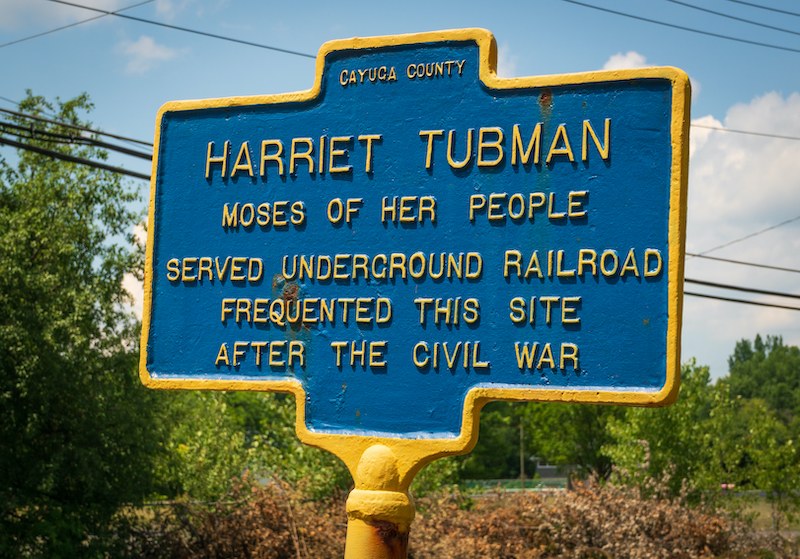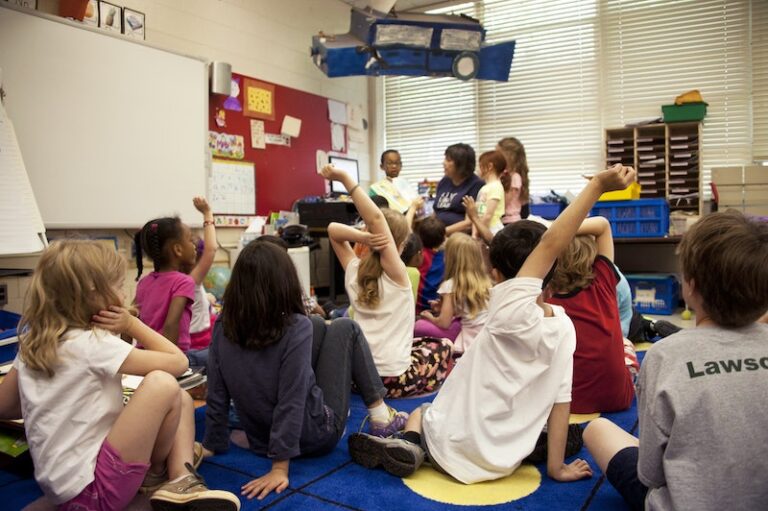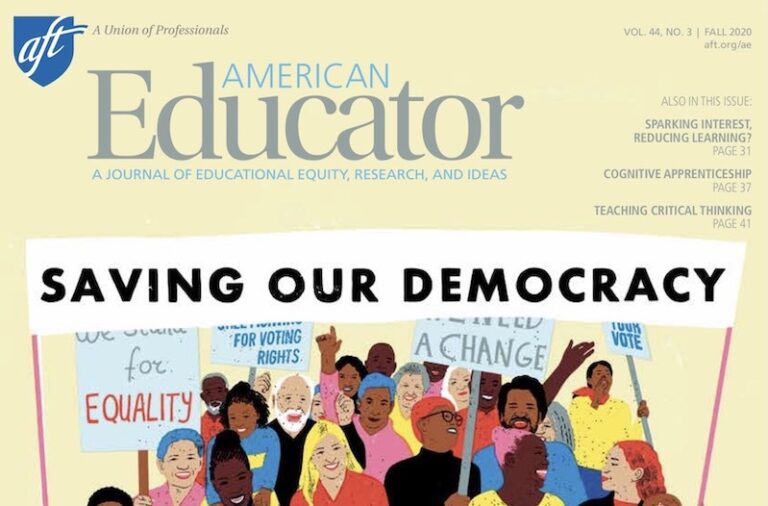By Anthony Balzano
Recent news reports show that political and social elites are having a problem with curriculum on race and the legacy of slavery.
One example comes from the parents of children at elite private schools in New York City protesting against “an obsessive focus on race and identity in schools.” These parents send their children to exclusive K-12 institutions in Manhattan with tuition exceeding $50,000 a year, so-called Ivy League training grounds. They are furious at the inclusion of race and cultural identity issues in their children’s curriculum. Why would these powerful and wealthy parents feel so threatened at their children learning about endemic racism in our society?
In a similar vein, we have Senate Minority Leader Mitch McConnell and other Republican senators protesting to Education Secretary Dr. Miguel A. Cardona about President Joe Biden’s rule to focus on teaching systemic racism and the consequences of slavery. President Biden was referencing The New York Times Magazine’s 1619 Project. Sen. McConnell and his followers have called the effort to teach about the legacies of slavery “divisive nonsense.” Why would one of the most powerful political figures in our country be against teaching our children about the legacies of racism and slavery in our country?
Here is a timely and telling example of how race, class and gender intersect. We recently used this as a case study in my class “Perspectives on Race, Class, and Gender” at Sussex County Community College. The course is based upon critical race theory, whose premise is that race is socially constructed and culturally imagined and is used to oppress and exploit.
Students quickly noticed that the parents and the politicians attacking a “woke” curriculum were all men. Another conclusion students reached was the vulnerable underbelly of the rich and powerful when it comes to racism and the legacies of slavery. One student concluded that political elites and one-percenters seem to be very sensitive about the sources of their privileged lives. What harm could there be with privileged children learning about the possible sources of their unearned privilege?
The parents’ and politicians’ protests to the curriculum is that it is too “pessimistic.” One conclusion that we came to in the class was that powerful and privileged people might fear younger people having the facts before them and coming to their own conclusions.
Indeed, one of the main goals of being an educator is to present information to students and process it as they might. What do you think? How do you, as an educator or someone who works with students, present different perspectives and allow students to reach their conclusions? Send your thoughts to me at abalzano@sussex.edu.
Anthony Balzano, a professor of anthropology and sociology at Sussex County Community College in Newton, is a co-chair of AFTNJ’s social justice committee.




